Practical Tips for Eating with Low Appetite

Loss of appetite can be frustrating. Whether it’s due to stress, medication, or other factors, it’s not easy to make yourself eat when food is not appealing. Let’s explore why we lose our appetite and how to still nourish our bodies during these periods. In this post I will share with you practical tips for eating when you have a low appetite.
Why Do We Lose Our Appetite?
Appetite loss can happen for several reasons, and understanding the cause can help you manage it more effectively. Here’s a breakdown:
Medications
Certain medications, like antidepressants, stimulants, or pain relievers, can suppress appetite. For instance, stimulant medications often prescribed for ADHD can reduce hunger by affecting the brain’s hunger signals.
Stress and Anxiety
When you’re stressed or anxious, your body releases cortisol, the “stress hormone,” which can suppress appetite. This hormone triggers your “fight or flight” response, diverting energy away from digestion. At the same time, ghrelin, the hormone that stimulates hunger, tends to drop, making it harder to feel hungry.
Depression
Depression can also lead to a reduced desire to eat. You might lose interest in food and find it harder to engage in the steps needed to eat, like planning or cooking meals.
ARFID and Food Aversions
For those with Avoidant/Restrictive Food Intake Disorder (ARFID), disinterest in food is common. People with ARFID may not feel motivated to eat or may have strong aversions to certain textures or flavors, making meals feel stressful or overwhelming.
Why Eating Matters (Even When You Don’t Feel Like It)
When appetite is low, it’s easy to forget that eating is essential for your body and brain. Regular meals help keep your energy up, support your immune system, and regulate your mood. Even if you’re not hungry, the goal is to make eating easier — starting with small, manageable steps.
Practical Tips to Make Eating Easier
Set Reminders and Eat by the Clock
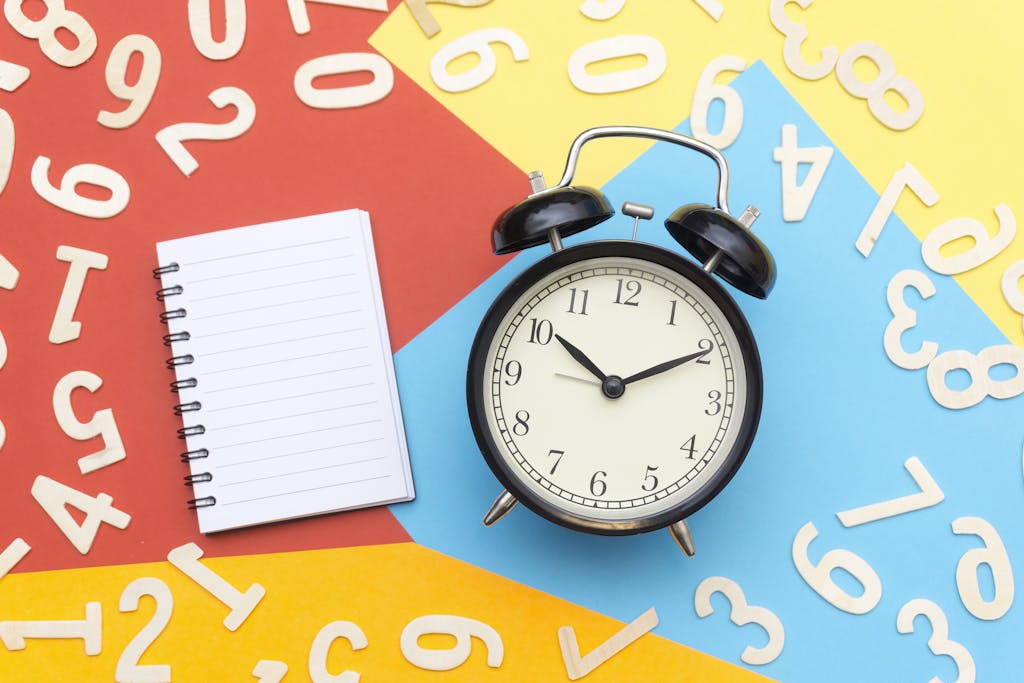
If you struggle to remember meals, setting reminders on your phone can help. Try using a timer or a meal-planning app to remind you to eat regularly. Creating a routine makes eating feel like less of a task. Keep food within sight to make it easier to grab, whether it’s on the counter or your desk. Aim to eat every 2-3 hours, focus on eating any food that is easy or safe for you.
Choose Ready-to-Eat Foods
When cooking feels overwhelming, stock up on easy-to-grab foods. These options require little preparation and will help nourish your body:
- Frozen meals
- Pre-made salads
- Microwaveable rice packets (shelf stable or frozen)
- Canned beans or lentils
- Yogurt
- Cheese
- Hard-boiled eggs (can buy already cooked)
- Nut butters
- Rotisserie chicken or pre-cooked grilled chicken
- Canned tuna
- Crackers
- Pre-sliced fruits
- Pre-sliced veggies, pair with your favorite dip like hummus
- Granola bars or protein bars
- Protein drinks or shakes
These foods are simple and quick to prepare, giving you the energy you need without a lot of effort.
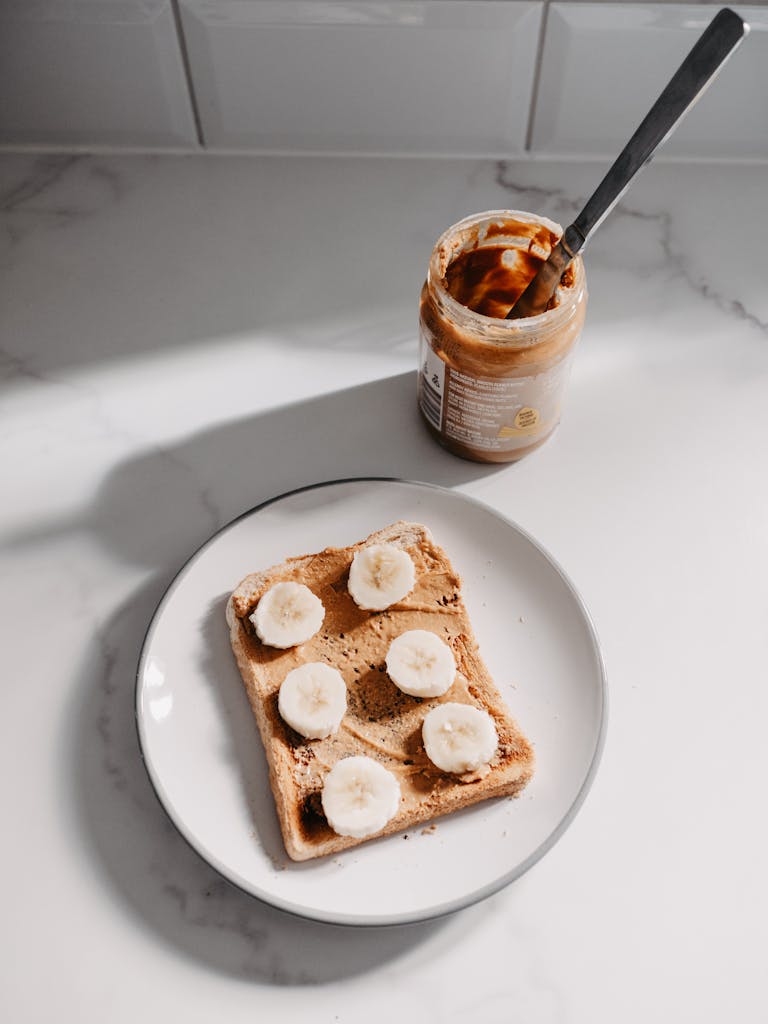
SOS Food List
Create a list of “safe” foods that you can eat without stress. These might be your favorite comfort foods or foods that feel easy and neutral. Keep this list handy on your phone for times when eating feels especially difficult.
Meal Kits, Deliveries, or Takeout
If cooking feels like too much, meal kits are a great option. They come with pre-measured ingredients and simple instructions. If that’s still too much, consider meal delivery services or takeout for ready-to-eat options that require less effort from you. Remember, your priority right now is eating and you can build back up to cooking at a later time.
Habit Stacking
Habit stacking involves linking eating with something you already do regularly. For example, after your morning coffee, have a small snack like a piece of toast with peanut butter or a yogurt. You could also eat right after checking your phone in the morning or set a reminder to snack after lunch. By pairing eating with a daily habit, you make it feel like less of a mental task.
Nourish with Drinks
If eating solid food feels challenging, try drinking instead. Smoothies, ready-to-drink protein shakes, and drinkable yogurts are easy ways to get nutrients when you’re not feeling hungry. Even soups or fruit juices can help keep you nourished.

Stay Hydrated
Hydration is just as important as eating. If you don’t feel thirsty or forget to drink, try setting hourly reminders to sip something. Flavor your water or try flavored sparkling water. Keeping a bottle or cup nearby makes it easier to drink regularly. Water-rich foods like watermelon, oranges, or soups can help you stay hydrated.
Create a Comfortable Eating Environment
If eating feels stressful, make the experience more relaxing. Eat in a comfortable space and consider doing something enjoyable at the same time, like watching a short video or listening to music. You could also try some deep breathing or mindfulness before meals to reduce anxiety or tension around food.

Eat with Others
Eating with others can help when you have a low appetite or no hunger. Seeing others eat can remind you that it’s time to eat, even if you don’t feel like it. Sharing a meal provides a helpful distraction, taking the focus off food and making it less stressful. Conversations and socializing can make eating feel more enjoyable. If you’re struggling, eating with someone else, even a small snack, can make it easier to nourish your body.
Focus on Eating Something
If the idea of eating balanced meals feels overwhelming, don’t stress about perfection or the “right” thing to eat. The goal is to eat something, even if it’s not a full meal. Giving your body fuel is more important at this time. Nourishing your body with whatever you can manage is a step in the right direction.
Final Thoughts
Dealing with a lack of appetite or disinterest in food can be isolating, but there are ways to make eating easier. Small, simple changes can help you nourish your body and feel better without the pressure. Remember, it’s about progress, not perfection.
If you’re struggling to eat consistently, a registered dietitian can provide personalized support to help you find strategies that work for you. Together, you can create a plan that makes eating more regular and less stressful. Book your Nutrition Consultation today to get the guidance you need to start eating with more ease and confidence!


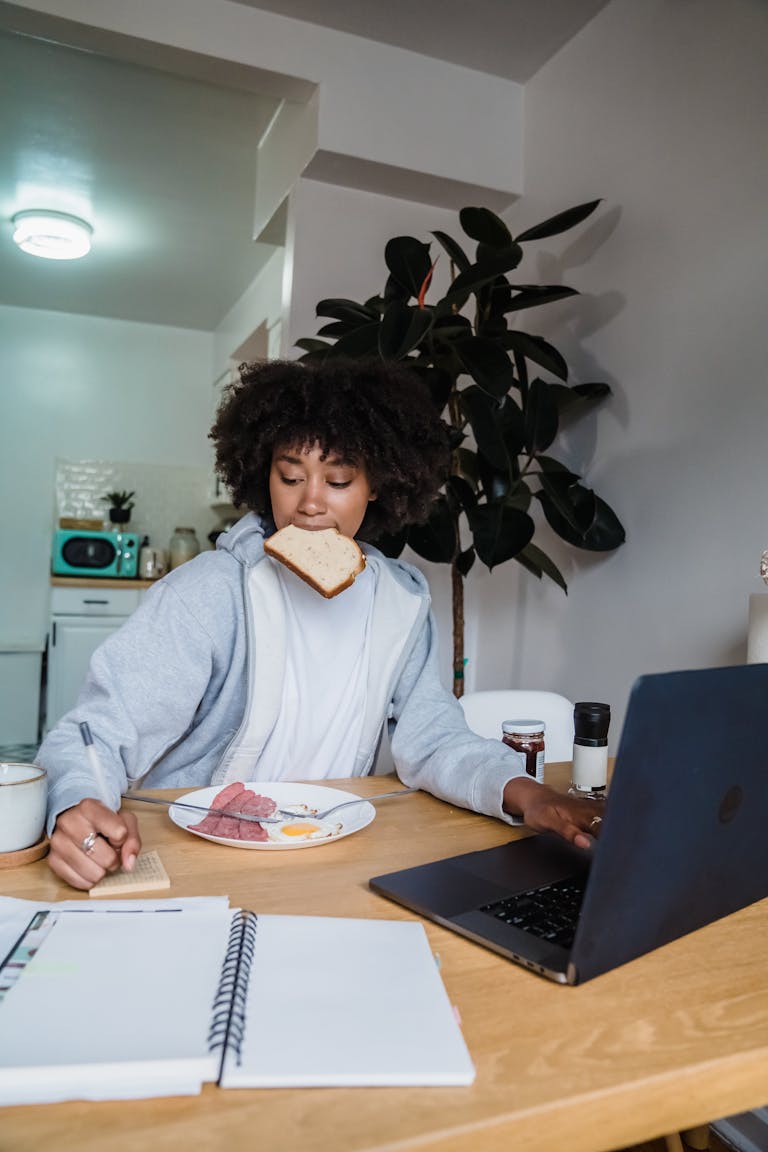

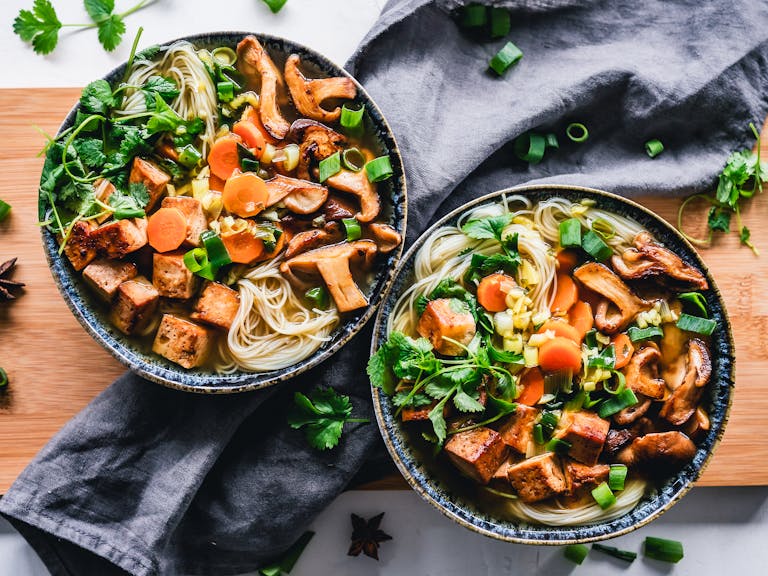
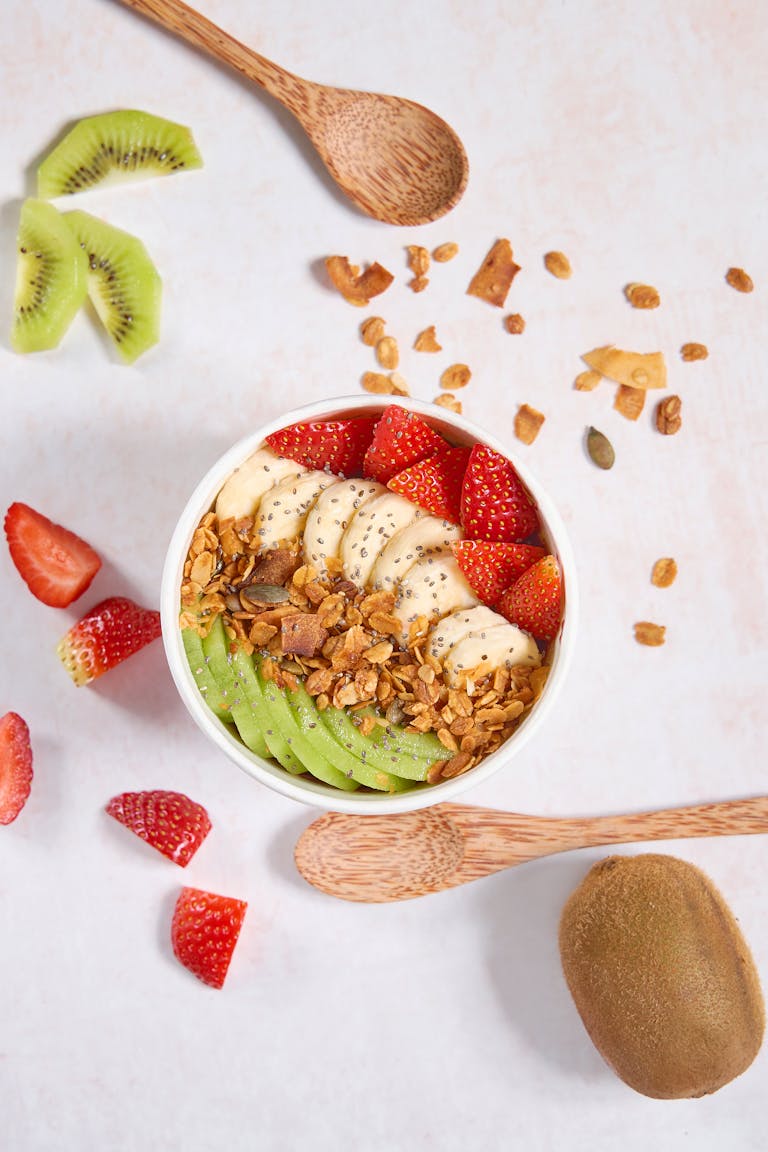
As someone studying nutrition, I find it really insightful how stress and medications can significantly impact appetite.
Did you know that incorporating small, frequent meals
can sometimes help ease the process of eating enough during low-appetite periods?
😊 It’s interesting to see practical strategies like habit stacking and ready-to-eat foods being
highlighted—these can make a real difference for those
struggling to maintain proper nutrition.